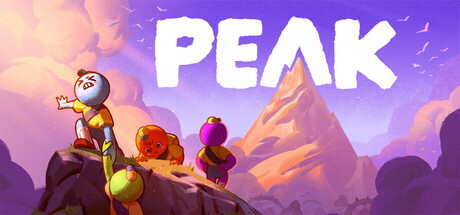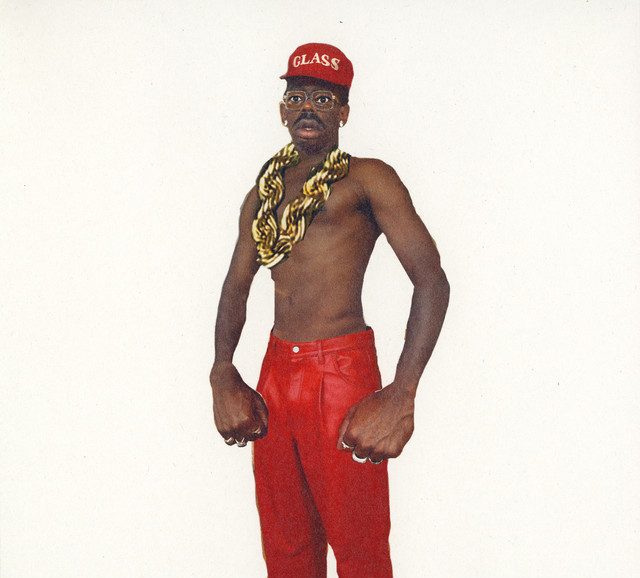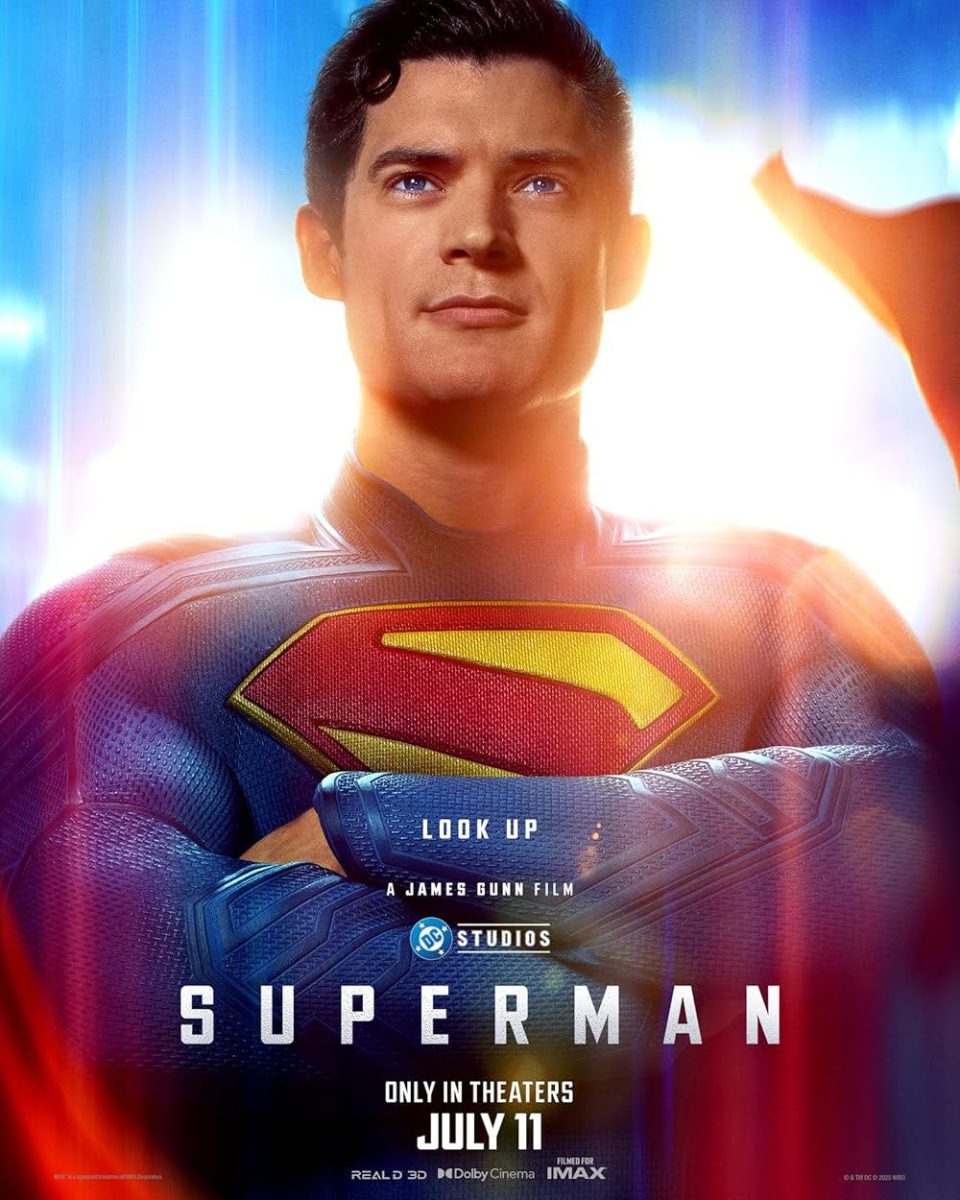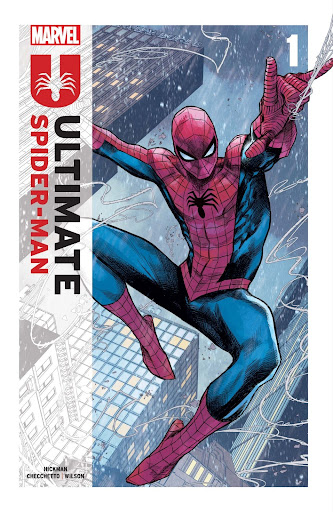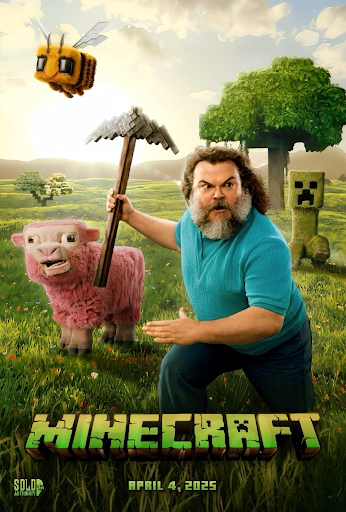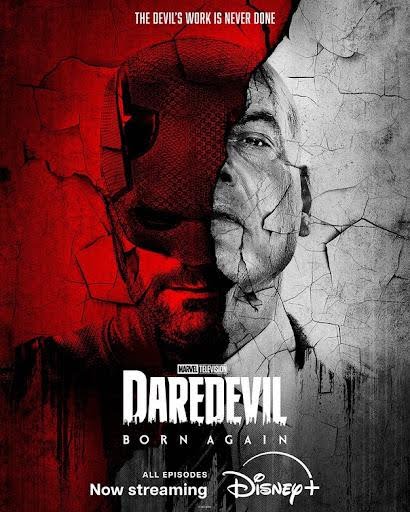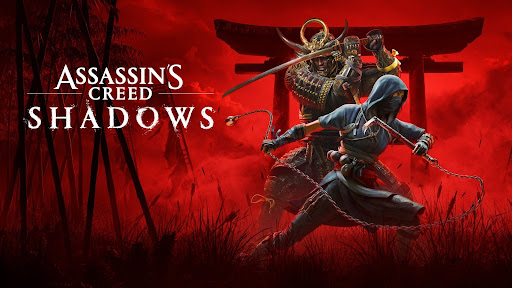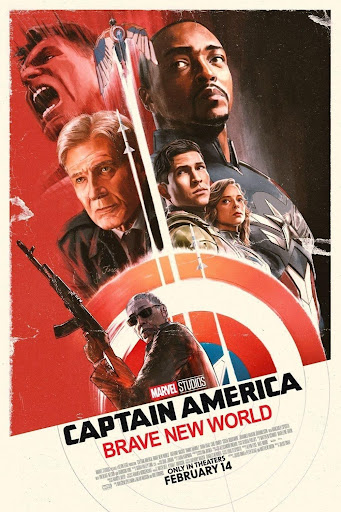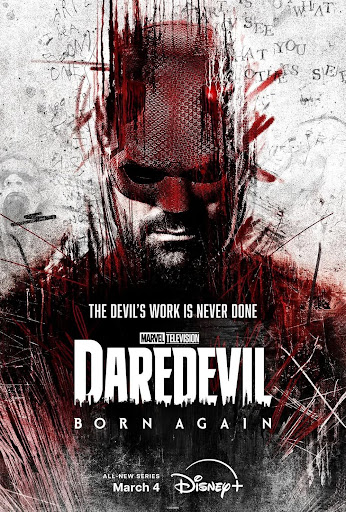Released September 24th, Mouthwashing is a trending first-person computer game experience. Players take the role of different crew members working on a spaceship before and after a disastrous crash.
Upon launching the game, the player takes the role of the assumed “captain” of a space freighter, The Tulpar. The ship is steered toward an asteroid and the autopilot is disengaged.
The developers from Wrong Organ captivate the audience with a strong opening to the game which immediately gives players a sense of the brevity of this life-altering accident.
The game centers around a 5-person crew working on the Tulpar: The ship’s captain Curley, co-captain Jimmy, ship medic Anya, ship’s mechanic Swansea, and intern Daisuke. They are assigned to a shipment mission of over a year to transport mouthwash for their employment company, the Pony Express.
As the player progresses through the game, they also have to pay attention to the cutscenes which alternate between before and after the crash. In certain moments, the words “take responsibility” flash in a bright and unavoidable red.
While the messaging seems oddly personal, the player will soon learn why this is necessary.
Curley is a charmingly humble captain. He understands and connects with all crewmates. However, he lacks the courage to confront certain situations head-on that interfere with his judgment as a captain.
He proves to be more reassuring in his words than his actions. However, the aftermath of the accident left him the same way he approached ethical issues concerning his crew, silent and helpless.
Regardless of him as a person, it is undeniable how much he would come to suffer. The loneliness and miserableness from his vegetative state are hard to fathom, making the game almost hard to play.
Anya, the only woman on the space freighter crew, is a quiet and hesitant individual. She was also the easiest target of the crew’s malicious attitudes and projection. She faces a constant cycle of pity from her crewmates yet nothing is done to protect her.
Swansea is unapologetically uncooperative in the game and makes his disdain towards the other crew mates apparent until his death. Despite his hard demeanor, he holds a surprisingly relatable philosophy on life.
Daisuke is constantly alluded to as being a walking ray of sunshine. He tried his best to stay optimistic and reassuring during any challenges the crew faced. He is also the only crewmember to admit to his wrongdoings and openly express empathy for his mistakes.
Finally, Jimmy is the most insufferable character of the game who is extremely calculated in subtle ways. He instigates arguments out of negotiable situations and speaks down to his crew after assuming the captain position.
It isn’t too obvious beforehand, but he was revealed to be a very selfish man who runs from the responsibility that comes with the position he almost killed for. His twisted nature and his decision-making end up being the downfall of the ship and its members.
In terms of storyline, the cut scenes and hallucination-like walk-throughs were difficult to decipher. It’s almost as if it was purposely made to be played again to fully understand it.
Additionally, an aspect of this game that was disappointing was having Anya’s assault be her only significant contribution to the plot. Despite having the most tragic backstory of the crew, her and her well-being are constantly overlooked.
All of the conversions and interactions held in the game have significance to the story. Every detail from the limited decisions you could make as a player to small details within the animation is deliberate.
One of the aspects that I appreciate the most is the distinction between the characters’ personalities. They brought a different tone to the story and their interactions were often intimate. The tension and uneasiness from certain situations were apparent, making a great method of immersing the player in the story.
The feelings elicited also urgeplayers to reflect deeper into the actions of the characters. One example is that none of the characters (except for Daisuke) ever admit to their wrongdoings straightforwardly, yet they are constantly confronting these wrongdoings at the same time.
It challenges our views on life in general, especially in terms of goals and expectations of what we want from life. Everyone wants what they don’t have, but what happens after they get it? Are you ready to take responsibility for what you want?
It’s a psychologically complex game that makes the player doubletake on what the “right decision” is to make in ethically challenging situations.



